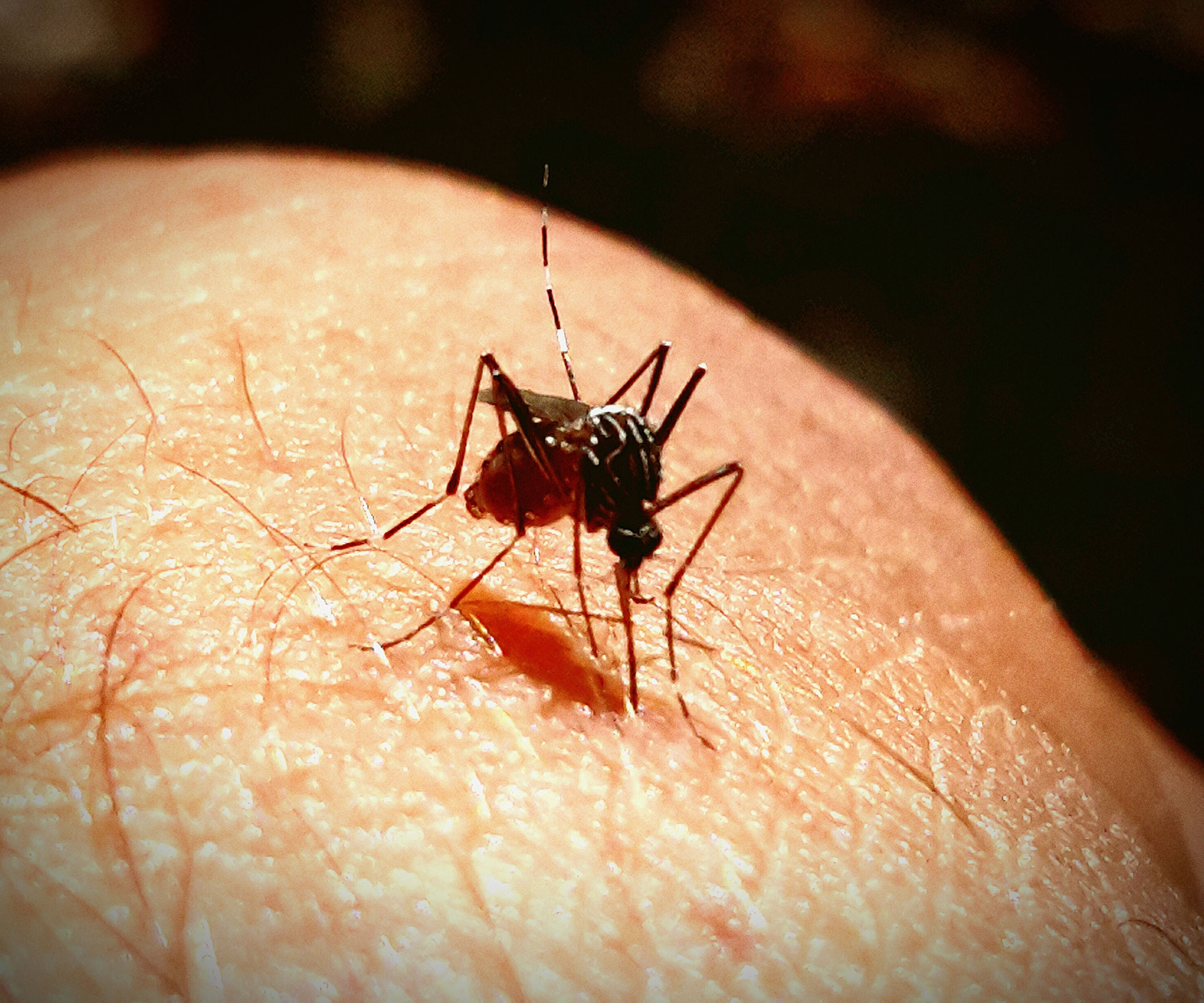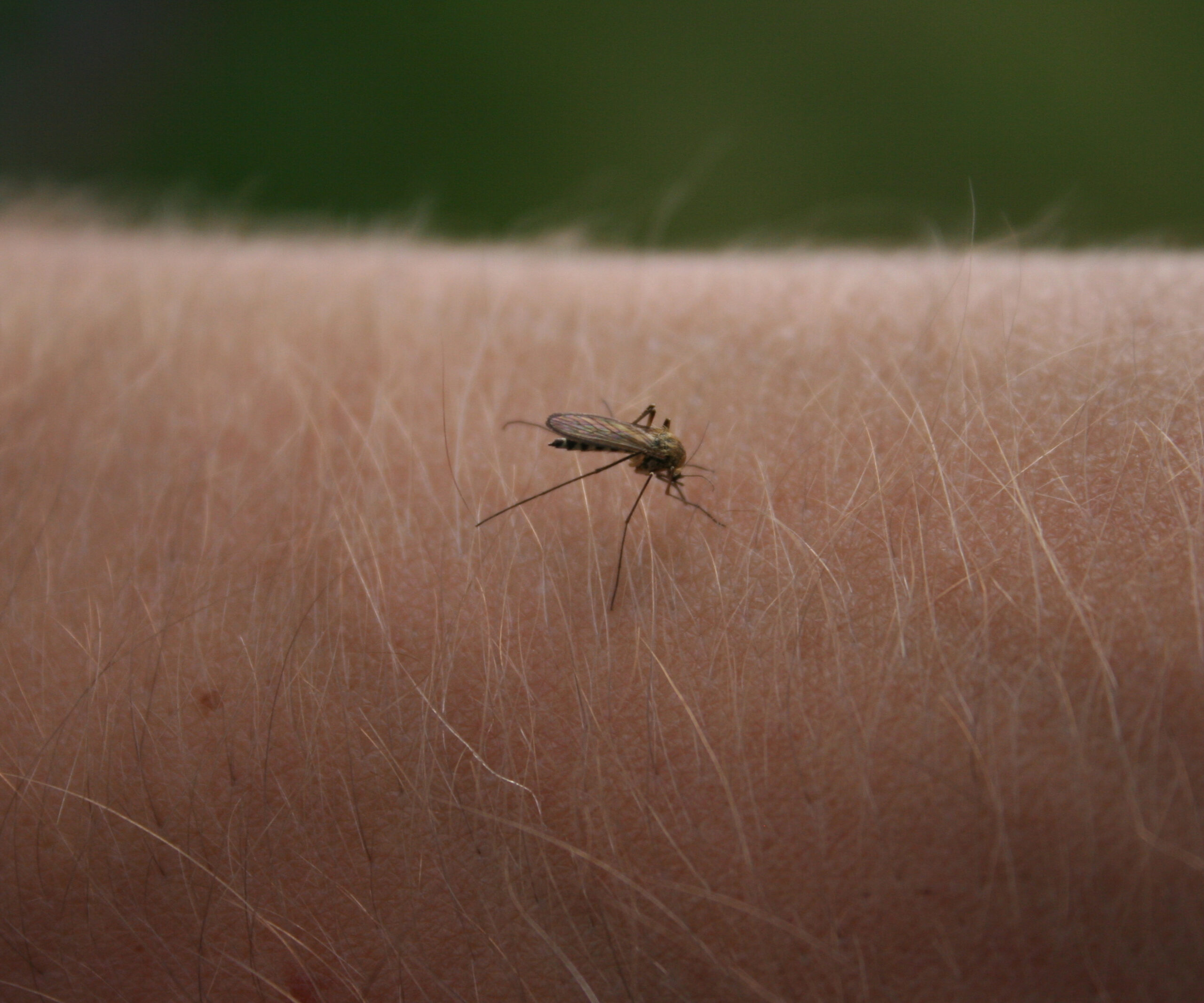Experts are warning that cases of a flesh-eating ulcer have spiked in Victoria with 45 cases reported this year.
Doctors in the state diagnosing patients with the dangerous Buruli, or Bairnsdale ulcers have more than tripled in five years, with occurrences moving from coastal towns on the Mornington and Bellarine peninsulas, and Phillip Island, to the outer suburbs of Melbourne.
According to the World Health Organisation the Buruli ulcer is a chronic debilitating skin and soft tissue infection that can in extreme cases lead to amputation of affected areas.

PHOTO: Wikipedia.
Globally, there is no solid evidence of how the disease is transmitted, but experts suspect the Victorian cases have been spread through contact with bodies of water, mosquitos and even possums.
“It’s possible that there’s some kind of shuffle going on between the possums and the humans via mosquitos or other biting insects,” said Professor Paul Johnson, from the infectious diseases unit at the Austin Hospital, in Melbourne, told the ABC.
“I think the big question now is why has it moved from one area to another.”
According the ABC, “there were 32 cases in Victoria in 2010 but the numbers grew to 106 cases in 2015 and 45 cases have been diagnosed so far this year.”
This year Dr Jan Smith of the Mornington Peninsula had an ulcer that went misdiagnosed for a month before the gangrenous flesh-eating wound on her ankle was properly diagnosed and treated.
“The longer the bacteria go, the more of your flesh they eat, the more capillaries they destroy and the more they suppress your immune system,” Dr Smith told the ABC.
“They go in deeper. Mine went to the bone.”
The 72-year-old mother-of-three believes she contracted the disease from working in her garden and was facing surgical removal of the dying flesh but is now being treated with strong antibiotics.
“I’m now able to walk and do the dressings myself and the skin’s growing back,” she said.
“There may be plastic surgery further on down the track.”
In 2014, 2200 new cases were reported by 12 of the 33 countries with known cases, most of those infected are children, says the WHO.
Victoria is the only non-tropical climate that has recorded cases of the Buruli ulcer.
According to the WHO as there is “no knowledge of how Buruli ulcer is transmitted, preventive measures cannot be applied” but health officials in Victoria have previously warned people to avoid touching possum faeces because of the risk of being exposed to the ulcer-causing bacteria.


